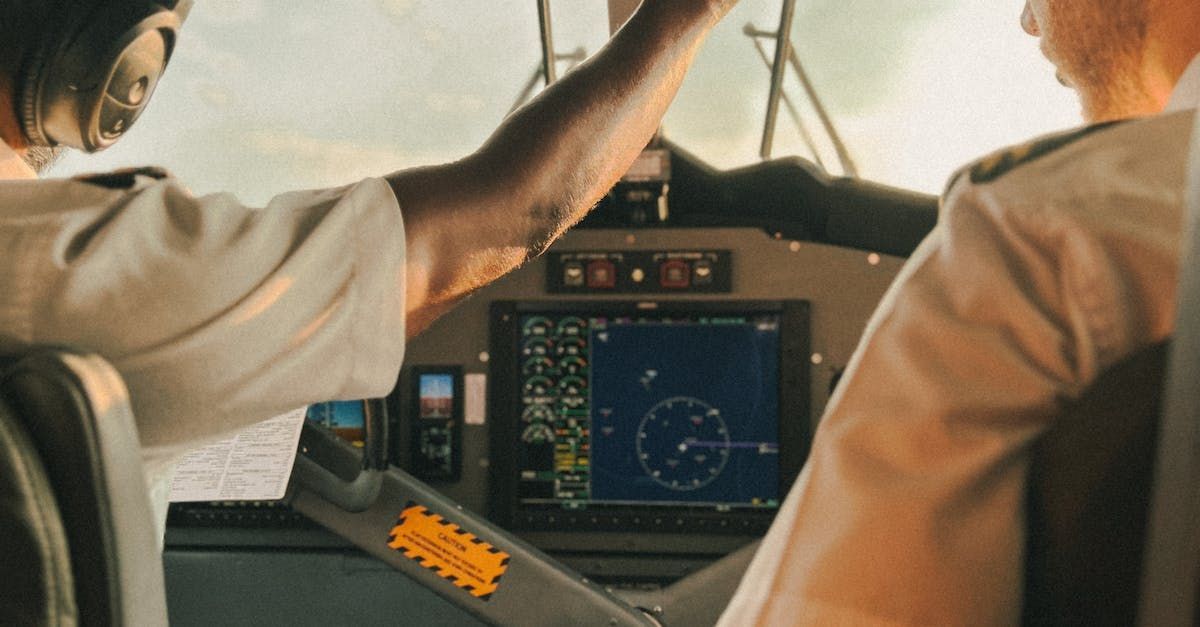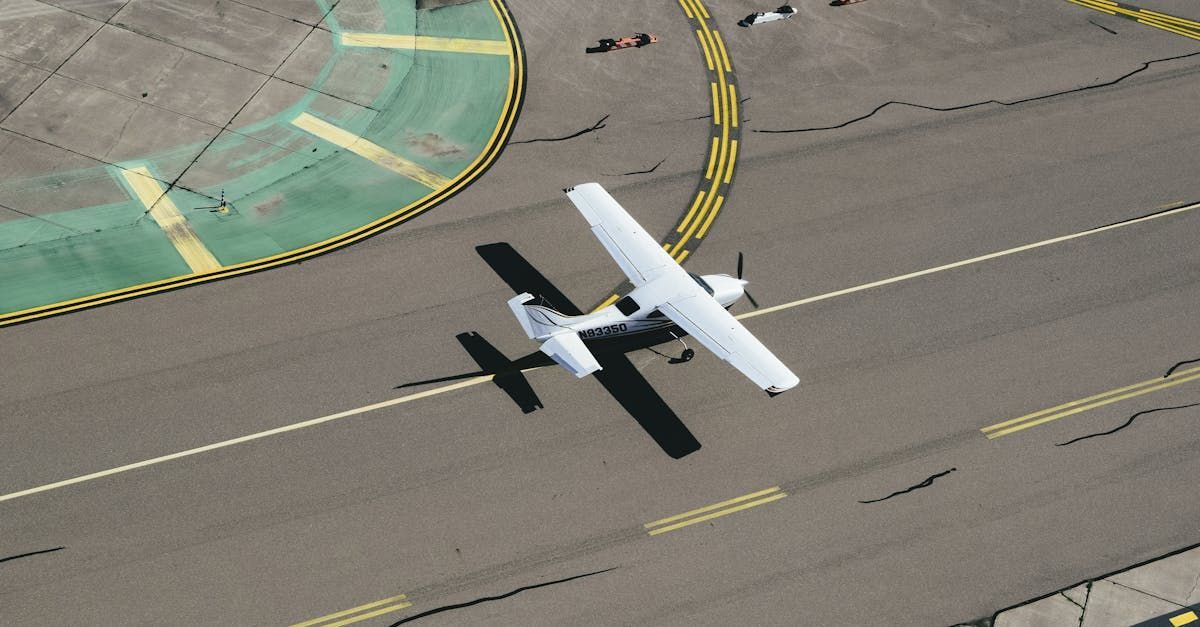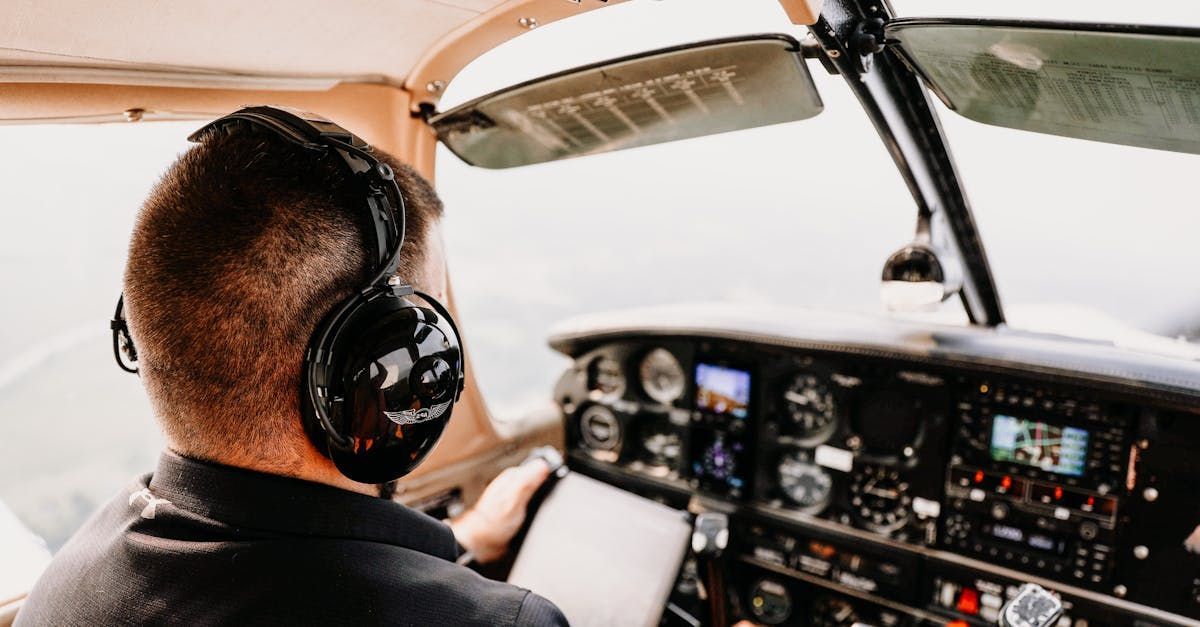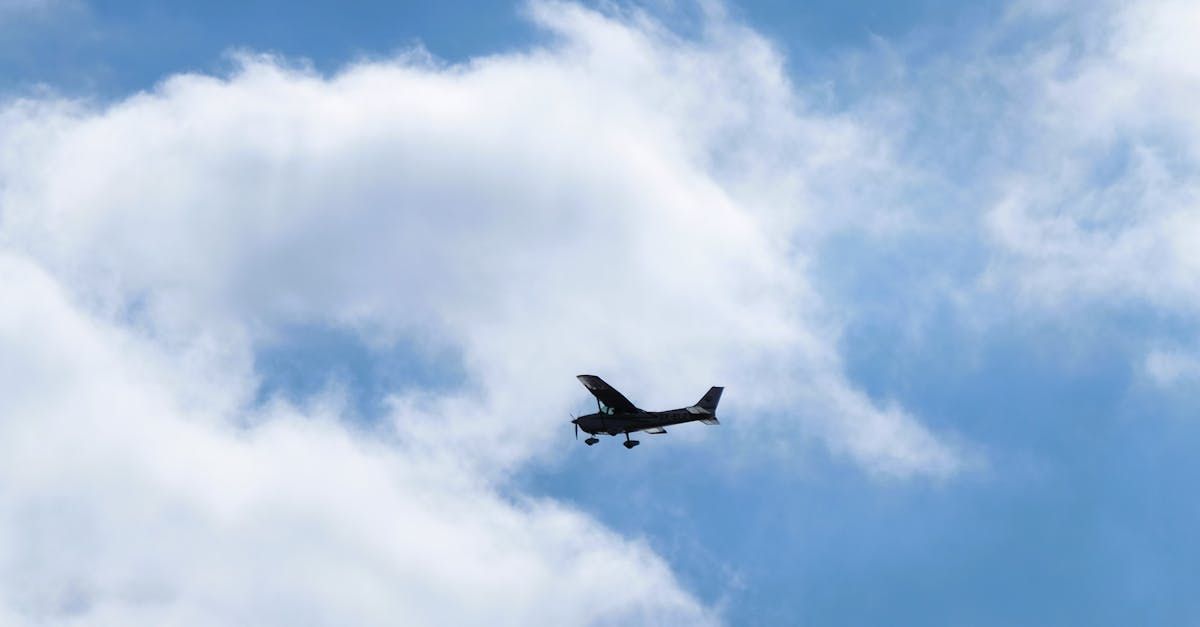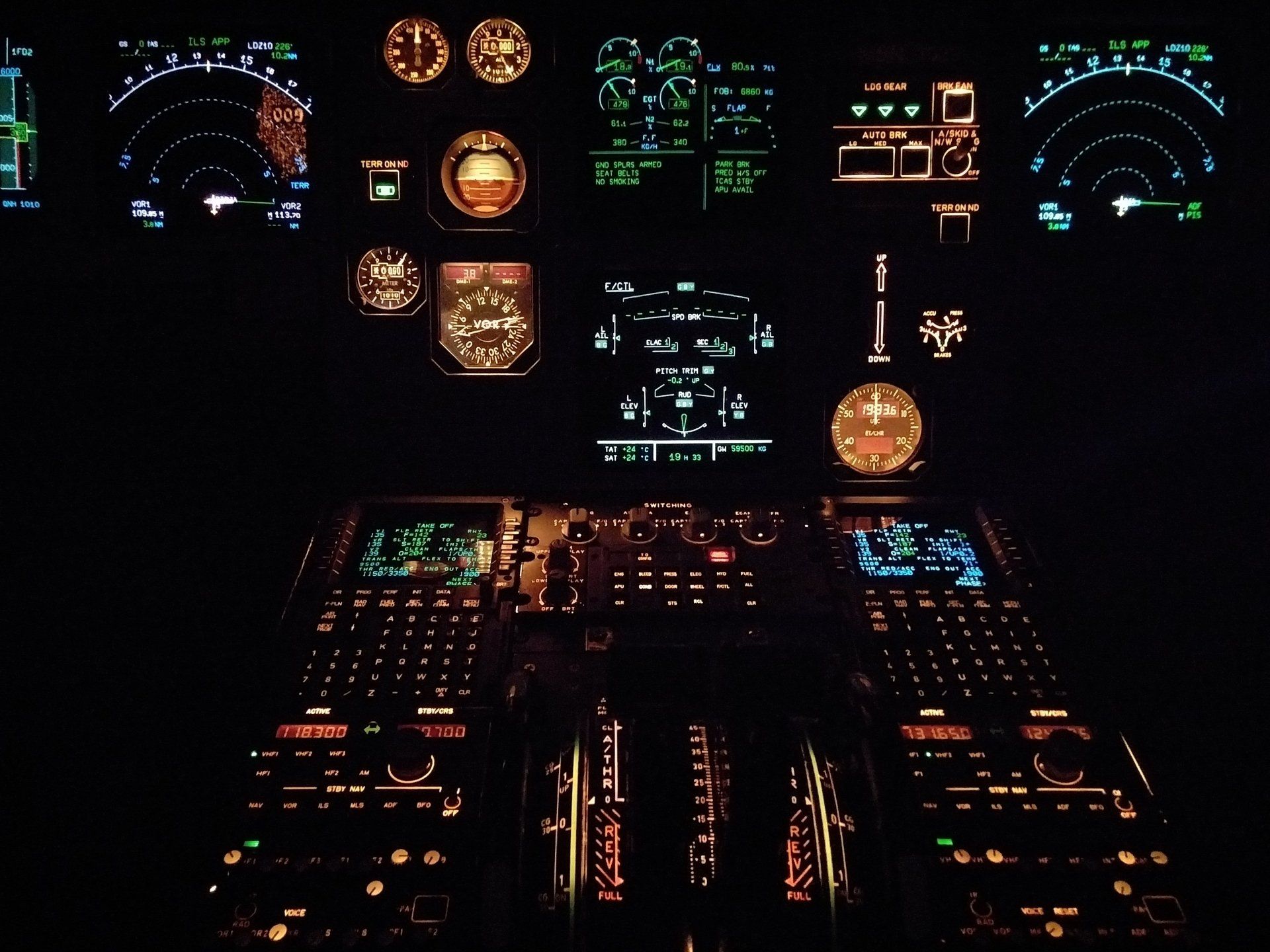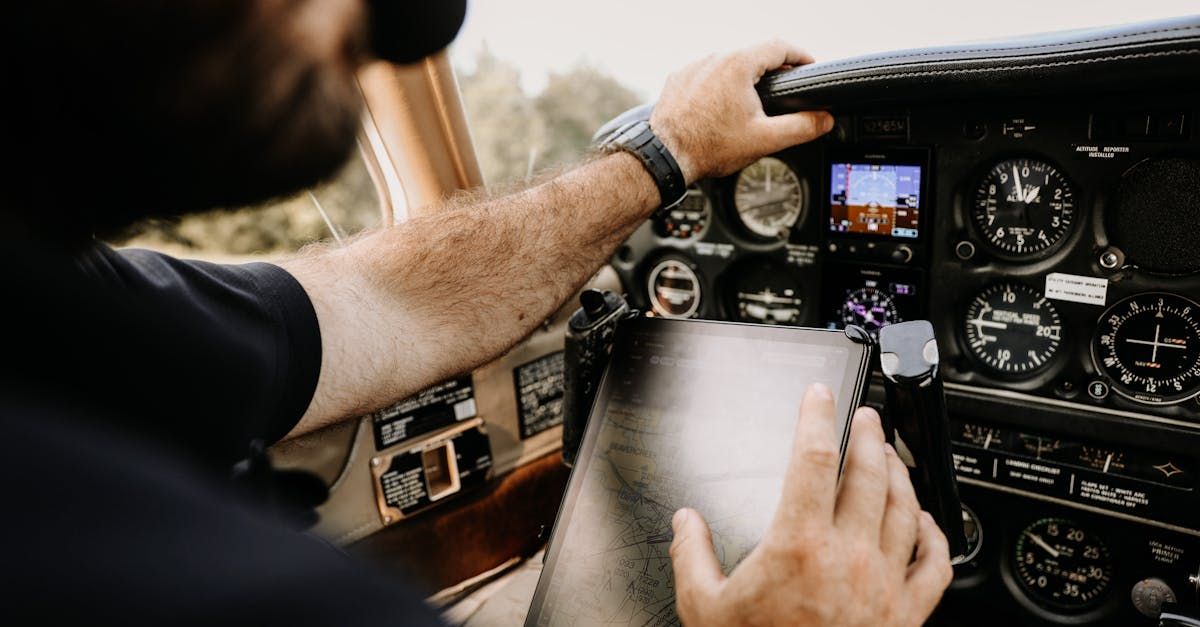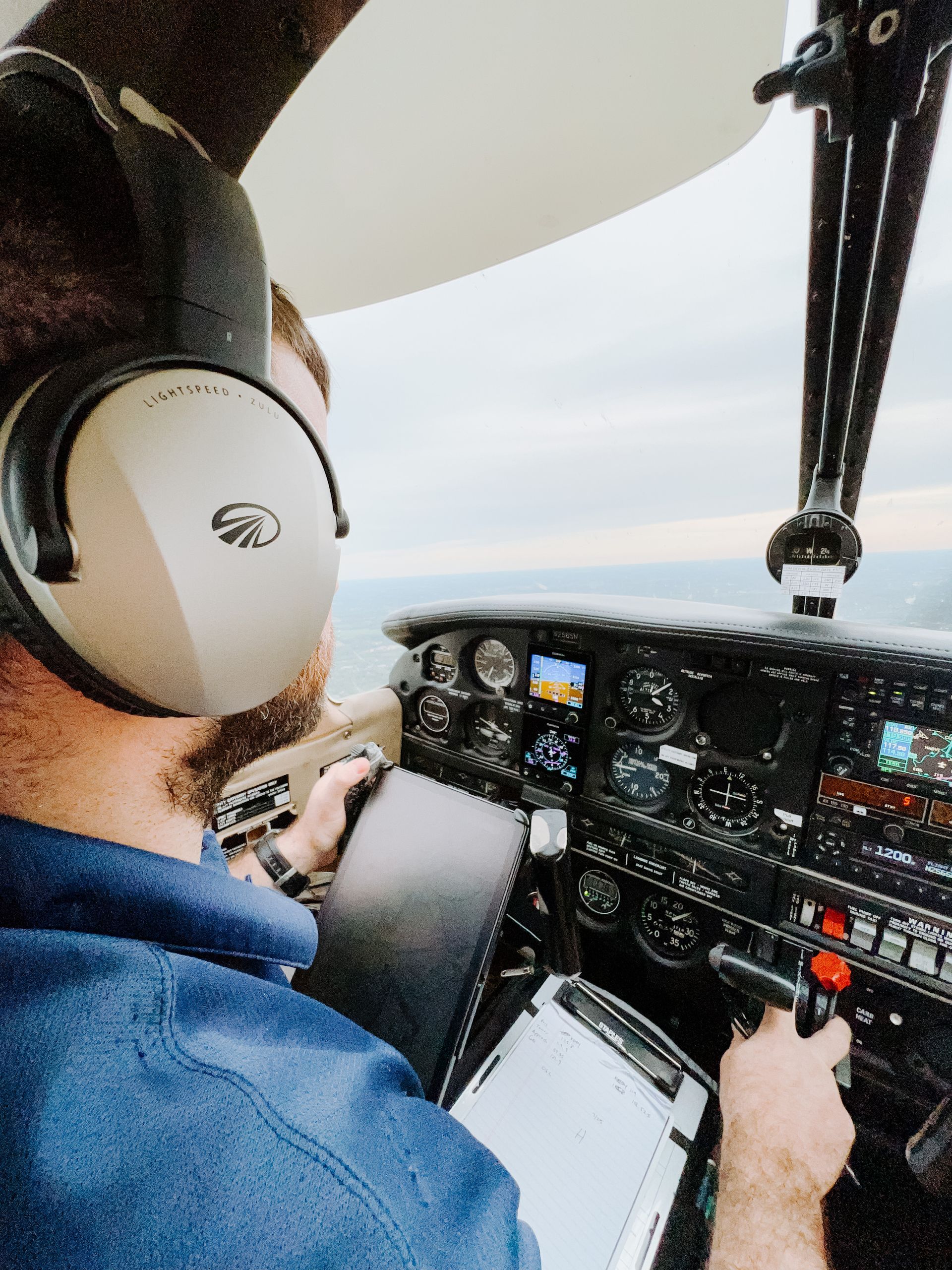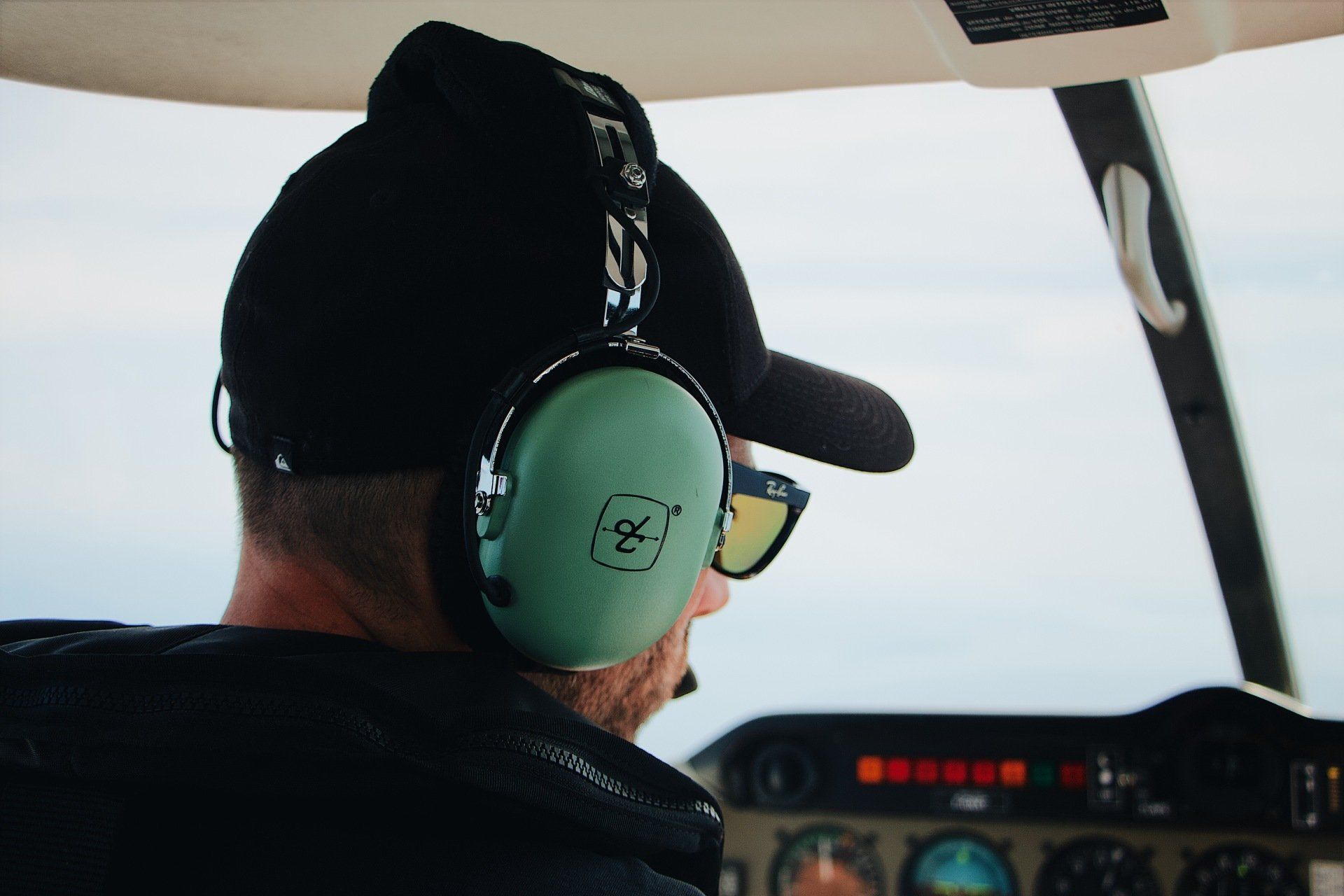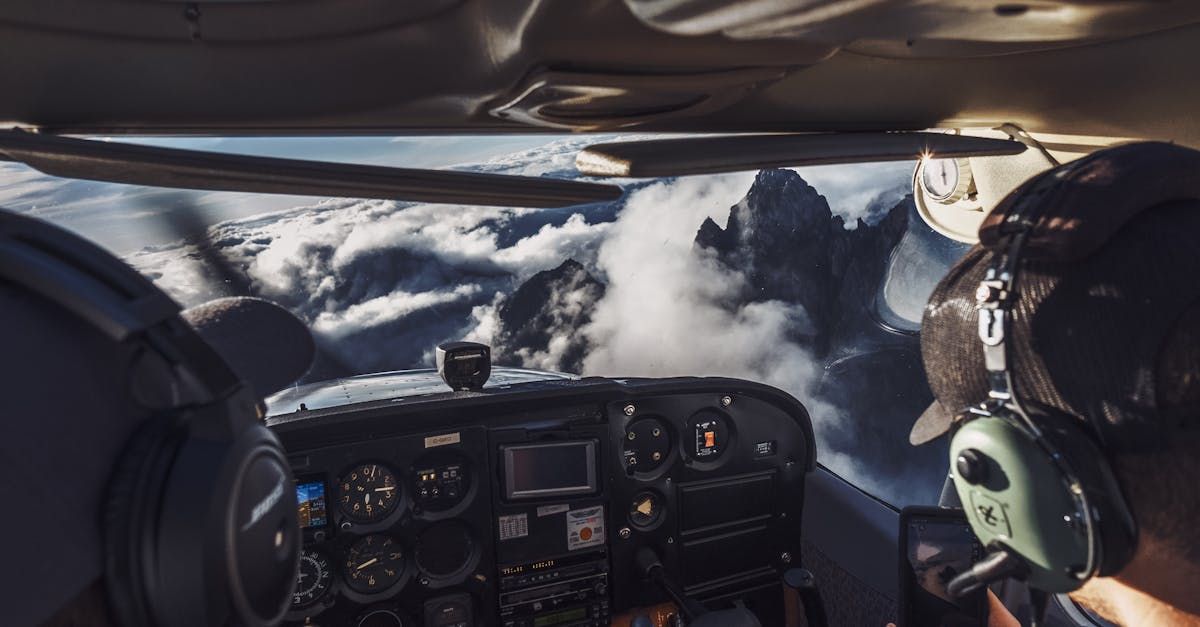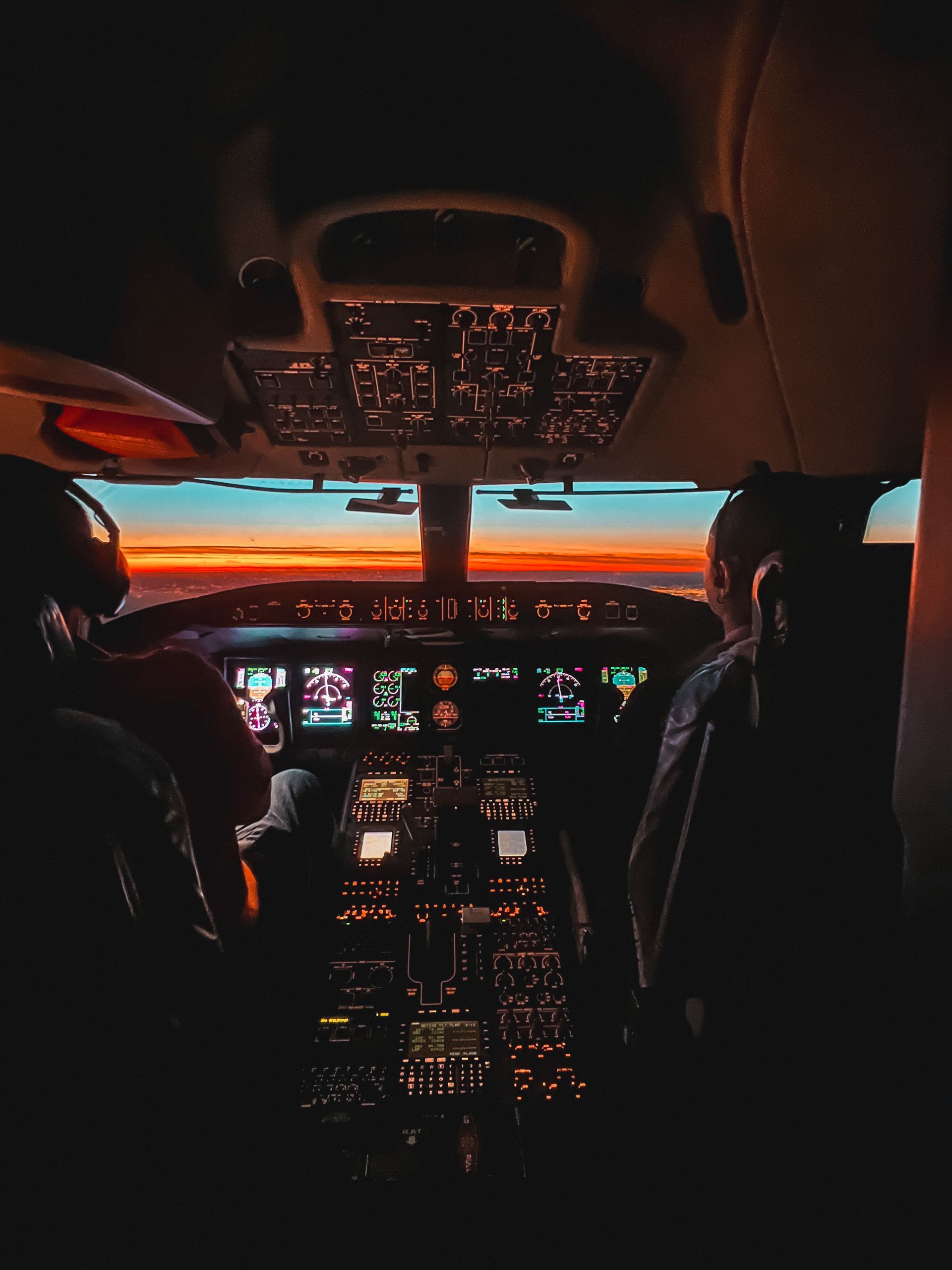Navigating Wellness and Staying Fit in the Flight Deck
Maintaining health as a commercial pilot is a multifaceted endeavor, one that requires conscious effort every day.
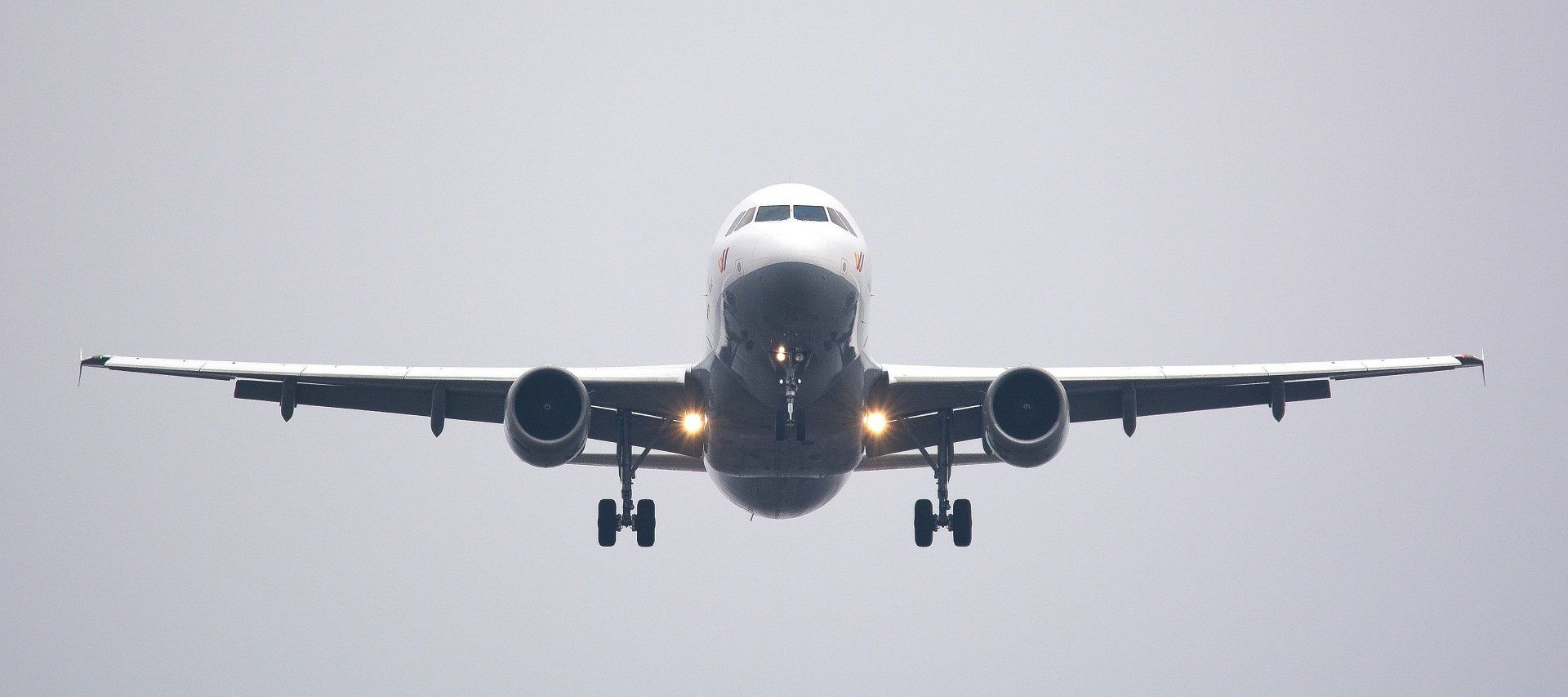
As a commercial pilot, maintaining both mental acuity and physical stamina isn't just a personal preference; it's an integral part of my day-to-day responsibilities. Ensuring the safety of hundreds of passengers at 35,000 feet begins with self-care. Here’s how I manage to stay sharp and healthy in an industry that demands as much.
Physically, adhering to a consistent exercise routine is key. While my schedule can be erratic and finding time between flights challenging, I prioritise movement whenever possible. I opt for hotel gyms or quick bodyweight workouts in my room to ensure my heart rate gets up, and my muscles stay strong. On days off, I immerse myself in activities that I enjoy, like hiking, surfing, or cycling, to keep the routine enjoyable and sustainable.
Diet plays an equally crucial role. The temptation to consume quick, processed food during layovers is omnipresent. However, I counter this by planning ahead, packing nutrient-dense snacks like nuts, fruits, and protein bars. I make a conscious effort to stay hydrated, aware of the dehydrating nature of high altitudes and the cabin environment. Proper hydration not only helps me maintain physical wellness but also wards off fatigue, ensuring I'm alert during flights.
Sleep is a commodity that can sometimes feel luxurious given our ever-changing time zones. Yet, quality rest is non-negotiable. I use sleep strategies such as earplugs and eye masks to block out light and noise. I also stick to a pre-sleep routine, which often includes reading or meditation, signaling to my body it's time to wind down, despite what time zone I might be in.
Mentally, my approach to fitness is multifaceted. Regular meditation and mindfulness exercises equip me with the tools to manage stress and navigate the psychological demands of piloting. I use apps or guided sessions to ensure consistency in my practice. I find that a clear, focused mind is as critical as a healthy body when it comes to safe flight operations.
I'm continuously learning, whether studying new aircraft systems, brushing up on aviation regulations, or simply reading for pleasure. A stimulated, engaged brain is a fit brain, and maintaining a portfolio of intellectual interests helps keep me sharp in the cockpit and beyond.
A critical component of my wellness routine is social connection. The transient nature of my job can sometimes lead to feelings of isolation, so I make a concerted effort to remain connected with family, friends, and colleagues. Whether through a quick catch-up call or spending quality time on days off, fostering these relationships provides emotional balance and support.
Lastly, regular medical checkups are non-negotiable. Staying abreast of my health through annual physicals ensures that any potential issues are caught early on, and I remain fit to fly.
Maintaining health as a commercial pilot is a multifaceted endeavor, one that requires conscious effort every day. It's this commitment to well-being that enables me to operate not just at the required standards, but often exceeding them, thereby safeguarding not only my passengers and crew, but also my passion for taking to the skies day after day.
